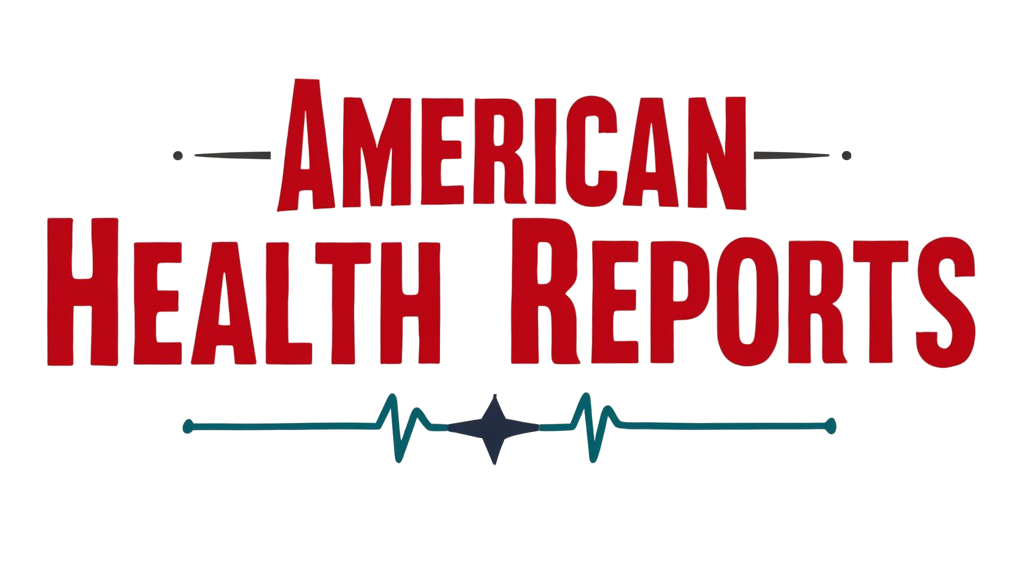Beware of Fake Olive Oil: How to Spot the Impostors and Stay Healthy
Share
Olive oil, celebrated for its heart-healthy properties and role in the Mediterranean diet, faces a growing crisis of adulteration. Counterfeit versions, often blended with low-quality oils or chemical additives, flood markets worldwide, posing risks to consumers who believe they’re choosing a premium product. These fake oils lack the nutritional benefits of authentic extra virgin olive oil (EVOO) and may even introduce harmful substances into diets.
The health dangers of fraudulent olive oil are significant. Prolonged consumption can lead to toxic oil syndrome, a condition linked to industrial additives like aniline, which caused thousands of deaths in Spain during the 1980s. Fake oils may also disrupt blood sugar regulation, increase insulin resistance, and contribute to gallbladder issues or gastrointestinal distress. Unlike genuine EVOO—rich in monounsaturated fats and antioxidants—adulterated products lack anti-inflammatory and cholesterol-lowering effects, undermining cardiovascular and cognitive health.
Identifying authentic olive oil requires vigilance. A simple refrigeration test reveals purity: real EVOO becomes cloudy when chilled due to its monounsaturated fat content, while blended oils remain clear. Labels offering vague terms like “light” or “pure” often signal lower-grade or refined oils. Trustworthy EVOO will specify its origin, harvest date, and certification seals. Glass packaging and dark bottles help preserve freshness, as exposure to light and heat accelerates oxidation.
Genuine extra virgin olive oil offers unmatched benefits, including reduced blood pressure, improved bone density, and protection against chronic diseases. Studies show daily consumption of two tablespoons can lower systolic and diastolic blood pressure, while its polyphenols combat oxidative stress. Communities in “Blue Zones,” known for longevity, rely on EVOO as a dietary cornerstone, linking its use to reduced rates of heart disease and Alzheimer’s.
Consumers must prioritize transparency when purchasing olive oil. Opt for brands that provide detailed sourcing information and avoid unusually cheap options, which are often diluted. Supporting small-scale producers or certified imports can mitigate the risk of counterfeit products. By choosing authentic EVOO, individuals safeguard their health and enjoy the full spectrum of its medicinal properties, from enhanced immunity to inflammation reduction.










GIPHY App Key not set. Please check settings